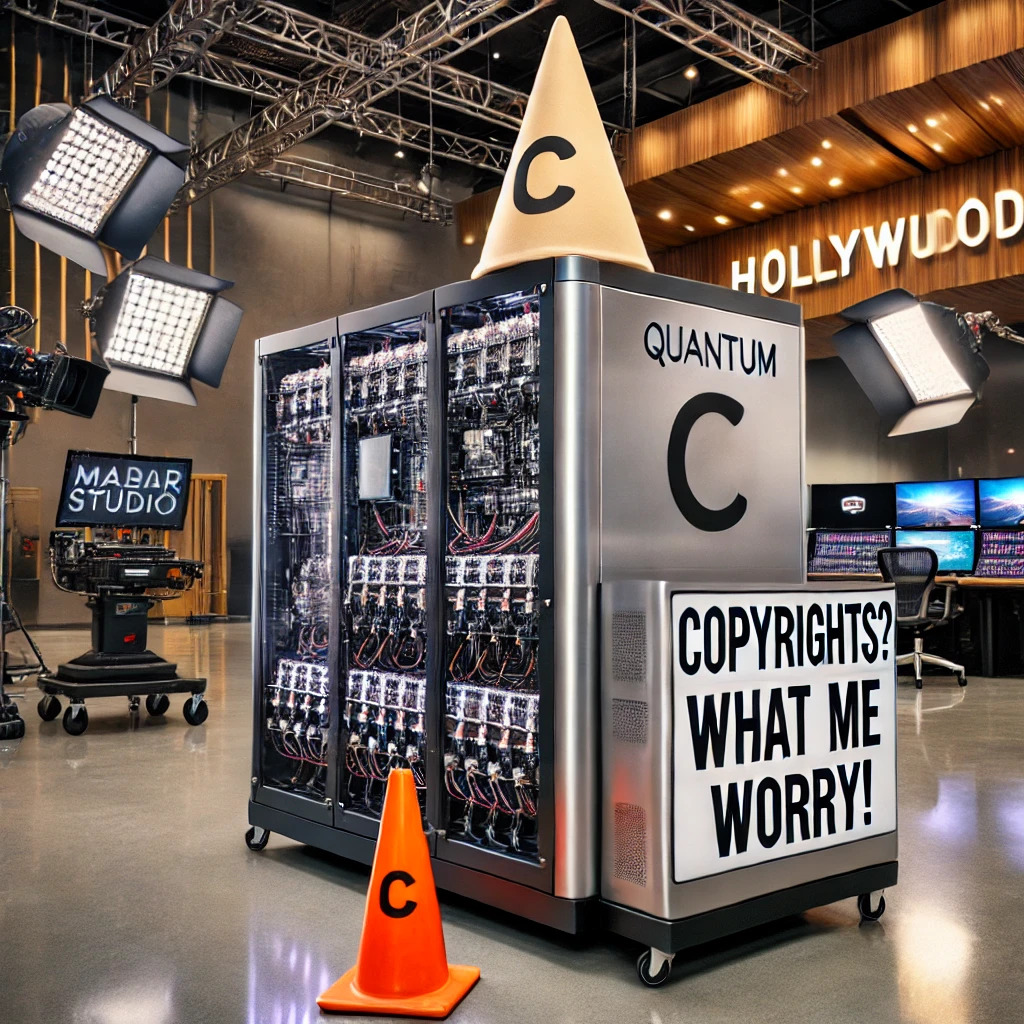In the rapidly evolving landscape of artificial intelligence, ethical standards and transparency have become paramount. Fairly Trained, a non-profit organization dedicated to certifying AI developers who ethically train their technologies, has recently introduced more stringent and specific rules for its certification badges. These changes aim to enhance transparency and allow users to make informed decisions about the AI products they choose to utilize.
New Certification Requirements
Enhanced Transparency
Fairly Trained now mandates that certified companies must be transparent about which elements of their AI architectures are certified and which are not. This initiative aims to ensure users can make informed decisions regarding the AI products they engage with. Transparency is critical for building trust and ensuring ethical practices are adhered to across the AI industry.
Model-Specific Certifications
Previously, Fairly Trained issued certifications based on specific models used by developers. Now, with the new guidelines, companies will receive certification badges that require them to disclose details about all models used within their architecture. This move aims to prevent any misuse of uncertified models and ensures a higher level of accountability and ethical practice.
Case Studies: Leading by Example
Jen’s Commitment to Ethical AI
Generative music platform Jen has been at the forefront of adopting ethical AI practices. Jen’s Co-Founder and CEO, Shara Senderoff, emphasized the importance of leading the way with ethically-trained models to establish a dominant presence in their industry. Jen’s omnidirectional diffusion models have all been certified by Fairly Trained, reflecting their commitment to transparency and responsible AI development.
Kits AI’s Ethical Practices
Kits AI, known for its voice and instrument models, including a voice library that compensates artists per download, has also embraced the new certification standards. Kits AI’s Director of Marketing, Pippin Bongiovanni, highlighted the importance of empowering artists and creators with AI tools that respect artistry, fairly compensate artists, and promote sustainability. Kits AI’s adherence to these principles has earned them Fairly Trained’s new certification badge.
The Importance of Ethical AI Development
Addressing Copyright Concerns
One of the critical challenges in AI development is the use of copyrighted materials for training models. Some developers argue that the vast datasets required for training large language models (LLMs) necessitate the use of copyrighted works, claiming it falls under fair use. However, Fairly Trained disputes this claim and has certified models like KL3M from 273 Ventures, which do not rely on copyrighted materials without proper authorization.
Promoting Responsible Practices
Fairly Trained’s new certification guidelines aim to promote responsible AI development practices that respect intellectual property rights and ensure ethical standards are met. By certifying companies that adhere to these principles, Fairly Trained is setting a benchmark for the industry and encouraging other developers to follow suit.
Copyrights? What Me Worry?
Fairly Trained’s new certification standards represent a significant step forward in ensuring ethical AI development and transparency. By requiring developers to disclose which models are certified and emphasizing the importance of not using copyrighted materials without permission, Fairly Trained is fostering a culture of responsibility and trust in the AI industry. Companies like Jen and Kits AI are leading by example, showcasing how ethical practices can align with innovative AI development and contribute to a sustainable and trustworthy technological future.


